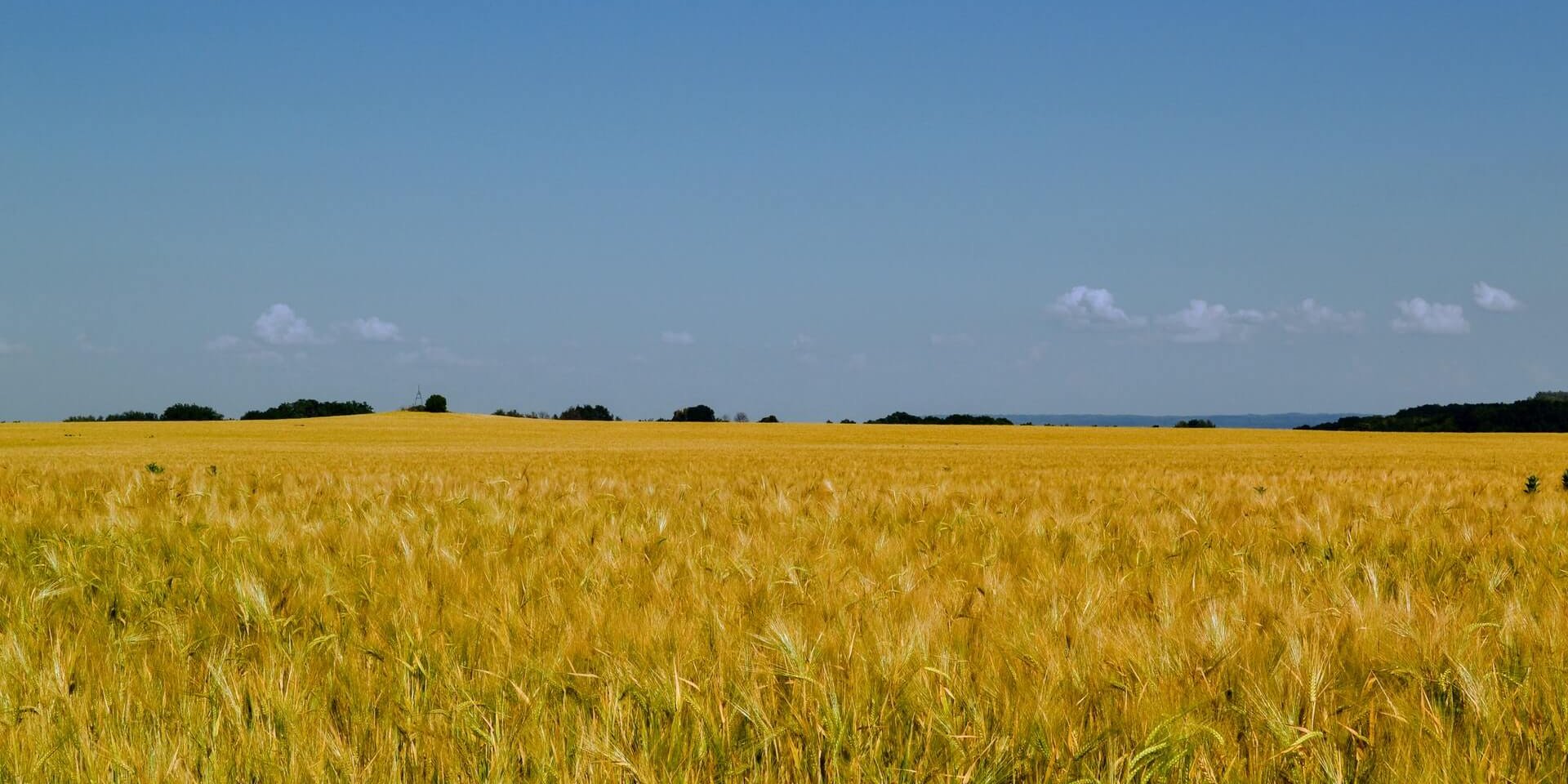
Thursday 24 March
08:30 – 9.30 CET | 07:30 – 8:30 UTC
Thursday 24 February, Russia launched a full-scale invasion of Ukraine, thrusting Europe and the world into a new and unpredictable era of geopolitics. In this meeting, the Global Research Programme on Inequality (GRPI) will zoom out of the day-to-day details of the war and take a bird’s eye view of its global consequences. Is the conflict in Ukraine causing great power realignment? How will the war shift international energy policies? Will it lead to lasting change in other post-Soviet countries? What is the significance of German rearmament? How will spiking food inflation impact our political climates?”
These are some of the questions that the event will touch upon in this breakfast meeting, where Thor Olav Iversen (Center for the Study of the Sciences and Humanities) will interview the anthropologists Don Kalb and Elina Troscenko on the global significance of the war in Ukraine.
Three areas were identified for immediate action. All three are designed to address the drivers of demand and consumption through measures like remote working, digitalization, and the reshaping of urban spaces and their use; maximizing sustainable energy independence at local and individual levels through, for instance, decentralized renewable energy solutions and efficiency enhancing measures; and influencing behaviour towards responsible consumption such as encouraging new trends in mobility, less material consumption, and sharing vs. ownership models
The report argues that the emphasis on efficiency, which has been driving to a large part the evolution of food systems, needs to be counter-balanced by a greater emphasis on resilience and equity concerns. As illustrated by the pandemic this entails expanding the scope and reach of social safety nets and protection schemes. It also includes assessing and where necessary adjusting supply chains and trade in their capacity to absorb and adapt to a multitude of risks